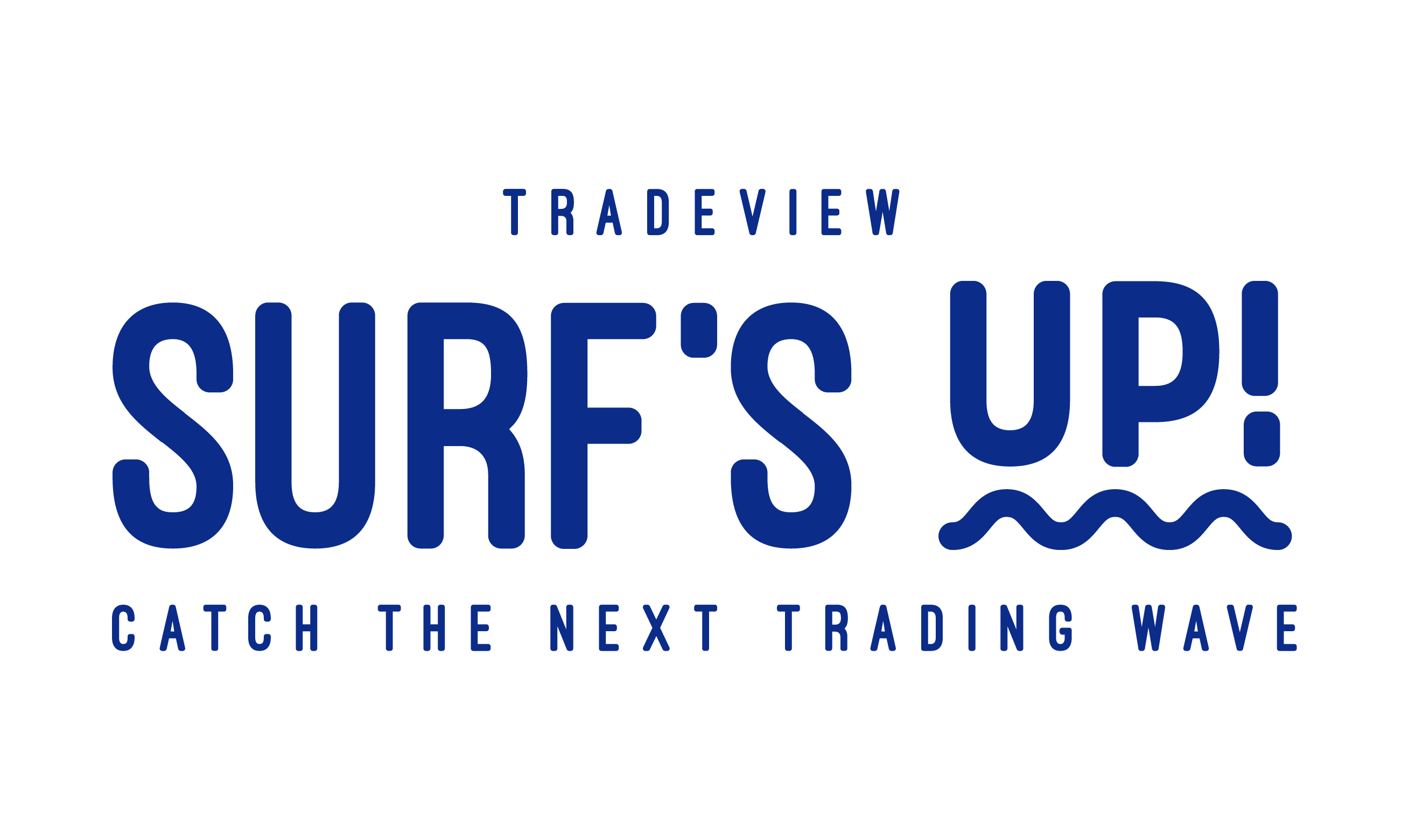In the fast-changing world of forex trading, regulation is not just a formality—it is essential. Without proper oversight, forex brokers risk client distrust, legal trouble, and reputational damage. A strong regulatory framework does more than please authorities. It builds business credibility, allows for wider market access, and supports sustainable growth.
Let’s dig into why forex broker regulation is not just essential, but smart strategy.
Understanding Forex Broker Regulation
Forex broker regulation refers to the compliance standards that brokerages must meet under national or regional financial authorities. These regulations protect clients from fraud, ensure transparent operations, and prevent money laundering or unfair trading practices.
Key Regulatory Bodies Worldwide
| Region | Regulatory Authority | Acronym |
| US | Commodity Futures Trading Commission | CFTC |
| UK | Financial Conduct Authority | FCA |
| EU | Cyprus Securities and Exchange Commission | CySEC |
| Australia | Australian Securities and Investments Commission | ASIC |
| Japan | Financial Services Agency | FSA |
These organizations enforce standards such as segregated client funds, capital adequacy, reporting requirements, and internal audits.
Risks of Operating Without Regulation
Unregulated brokers may enjoy lower startup costs and fewer compliance hurdles—but they operate in a minefield. Here’s what’s at stake:
- Legal Exposure: Without licenses, your brokerage may be banned or heavily fined.
- Low Trust Factor: Traders often avoid platforms that lack regulatory approval.
- Banking Barriers: Banks are less likely to provide accounts to unlicensed entities.
- Limited Payment Options: Payment processors may decline service to unregulated brokerages.
The difference in client acquisition and retention between a regulated and an unregulated broker is substantial.
Why Regulated Broker Setup Matters
Starting your brokerage under a licensed entity protects you from legal risks. It also boosts your credibility with clients, partners, and investors. Let’s break down some of the benefits:
Access to Global Markets
Licensing with recognized bodies like FCA or ASIC allows you to offer services across borders. Regulated brokerages are more likely to be approved by forex liquidity providers and white-label platforms.
Improved Banking and PSP Relationships
Banks and payment service providers prefer doing business with regulated firms. A license reassures them that anti-money laundering (AML) and Know Your Customer (KYC) protocols are in place.
Competitive Differentiator
In a saturated market, compliance gives you a marketing edge. Being able to say “We’re fully regulated under XYZ” is a compelling trust signal for prospective clients.
Legal Protection and Structured Dispute Handling
Regulated brokers must participate in dispute resolution schemes that protect clients. This ensures transparency and recourse, fostering long-term loyalty.
Steps Toward Regulatory Compliance
If you’re preparing a regulated broker setup, follow this roadmap:
1. Choose the Right Jurisdiction
Not all licenses are equal. Here’s a quick comparison:
| Jurisdiction | Startup Cost | Time to License | Prestige |
| UK (FCA) | High | 6-12 months | Very High |
| Cyprus (CySEC) | Medium | 4-6 months | High |
| Belize | Low | 1-2 months | Low |
Choose based on your target market, budget, and long-term business model.
2. Prepare Legal Documents
You’ll need to draft:
- Articles of Incorporation
- AML/KYC policies
- Risk disclosures
- Client agreements
It’s wise to work with legal firms specializing in forex compliance.
3. Build a Compliance-Ready Infrastructure
This includes:
- CRM integration with KYC verification
- Trade monitoring tools
- Internal reporting systems
- Staff training on regulatory duties
4. Hire a Compliance Officer
Many jurisdictions require a designated compliance officer. This role is crucial for ongoing audits, regulatory updates, and managing client complaints.
Red Flags to Avoid
When launching your brokerage, steer clear of these traps:
- Buying ‘off-the-shelf’ licenses from obscure jurisdictions—these can damage your reputation.
- Neglecting ongoing compliance. Getting licensed is just the beginning; staying compliant is a full-time job.
- Underestimating capital requirements. Regulators mandate minimum reserves to ensure you can fulfill client obligations.
Compliance and Business Growth: Not Opposites
Some startups fear that regulation slows growth. The opposite is true: when done right, compliance becomes a growth enabler. Here’s how:
- Investor Interest: Investors are more likely to fund regulated brokers due to risk mitigation.
- Marketing Potential: Use regulation as a proof point of legitimacy in ad campaigns.
- Client Confidence: Traders feel safer with platforms monitored by financial authorities.
Common Misconceptions
| Myth | Reality |
| Regulation is too expensive | Costs vary, and returns on trust are higher |
| You can operate globally unregulated | Many countries block or fine such brokers |
| Clients don’t care about licenses | Traders increasingly check for regulation badges |
Compliance Isn’t Just Paperwork—It’s Strategy
If you’re in this space for the long haul, building a regulated broker setup is more than an obligation—it’s a launchpad. Aligning with forex broker regulation not only reduces legal risk but makes your brand bankable and scalable. From forming healthy banking relationships to improving client retention, regulation plays a transformative role.
If you’re ready to align your brokerage with global best practices and future-proof your operations, it’s time to prioritize compliance and start your licensing journey with experts who understand the road ahead.
FAQ
Is forex regulation mandatory in every country?
Not in all jurisdictions, but operating without it often limits growth, especially internationally.
Which license is best for a new broker?
CySEC offers a balance between cost, speed, and European credibility.
How long does the licensing process take?
It ranges from 1 month (offshore) to 12 months (Tier 1 jurisdictions).Can I upgrade to a stricter license later?
Yes, many brokers start offshore and then apply for higher-tier licenses as they grow.







